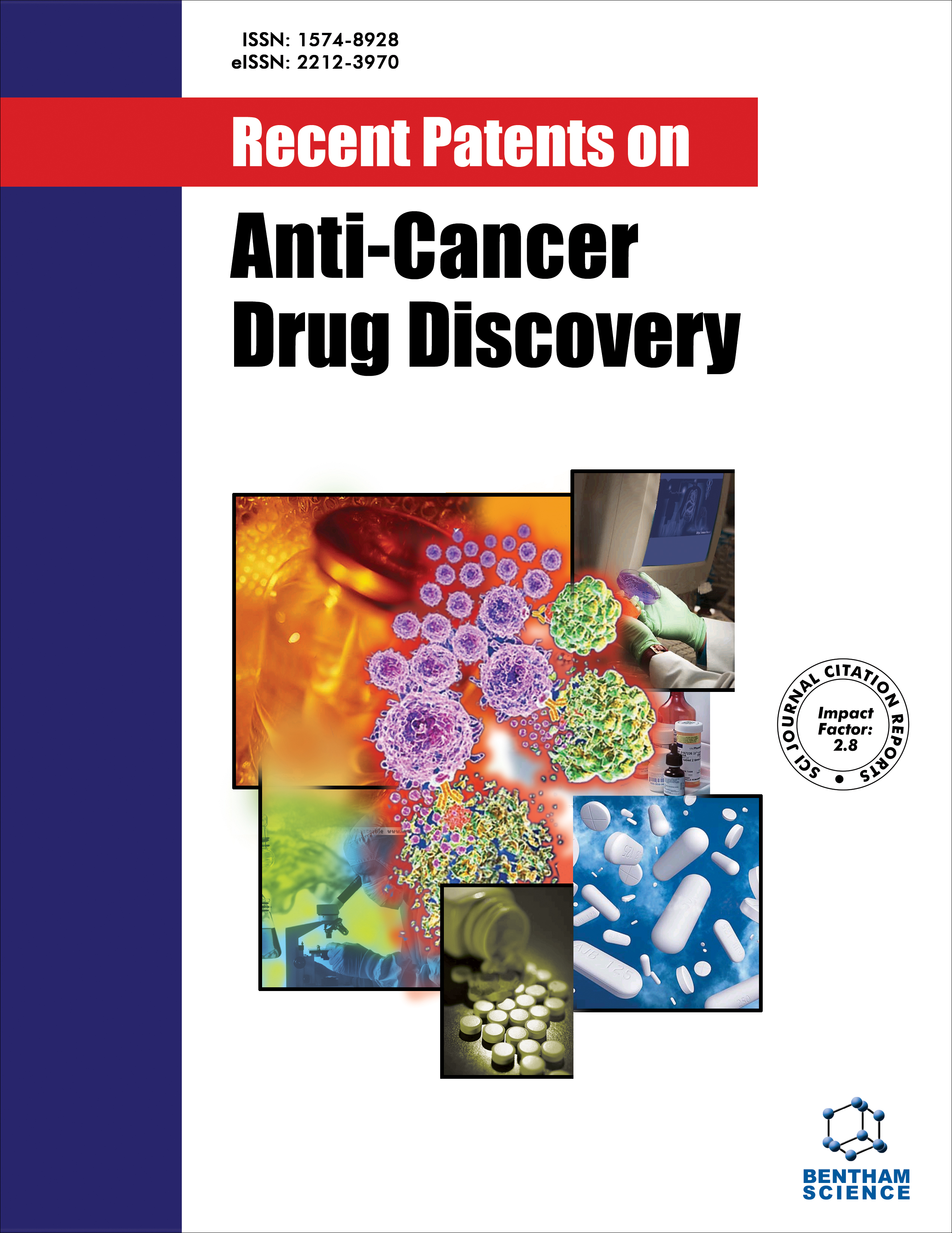
Full text loading...
Esophageal carcinoma, a lethal malignancy with limited treatment options and poor prognosis, necessitates understanding its underlying mechanisms and identifying novel therapeutic targets. Recent studies have highlighted the critical role of the immune microenvironment in esophageal carcinoma, particularly the interplay between tumor cells and immune cells mediated by exosomes and their cargos. Exosomes, small extracellular vesicles secreted by various cells, including tumor cells, facilitate intercellular communication by transferring bioactive molecules such as proteins, nucleic acids, and lipids to recipient cells. In the context of esophageal carcinoma, tumor-derived exosomes have been shown to play a significant role in shaping the immune microenvironment. In esophageal carcinoma, exosomal cargos have been found to modulate immune cell function and impact tumor progression. These cargos can carry immune inhibitory molecules, such as programmed death-ligand 1 (PD-L1), to suppress T-cell activity and promote immune evasion by tumor cells. Furthermore, exosomal cargos can activate antigen-presenting cells, enhancing their ability to present tumor-specific antigens to T cells and thereby promoting anti-tumor immune responses. Additionally, the cargos of exosomes have been implicated in the induction of immune regulatory T cells (Tregs) and myeloid-derived suppressor cells (MDSCs) within the esophageal carcinoma microenvironment. These immunosuppressive effectors inhibit the activity of T cells, contributing to tumor immune evasion and resistance to immune therapies. In summary, exosomes and their cargo play a crucial role in the immune microenvironment of esophageal carcinoma. Understanding the mechanisms by which exosomal cargos regulate immune cell function and tumor progression may reveal novel therapeutic targets for this devastating disease.

Article metrics loading...

Full text loading...
References


Data & Media loading...

